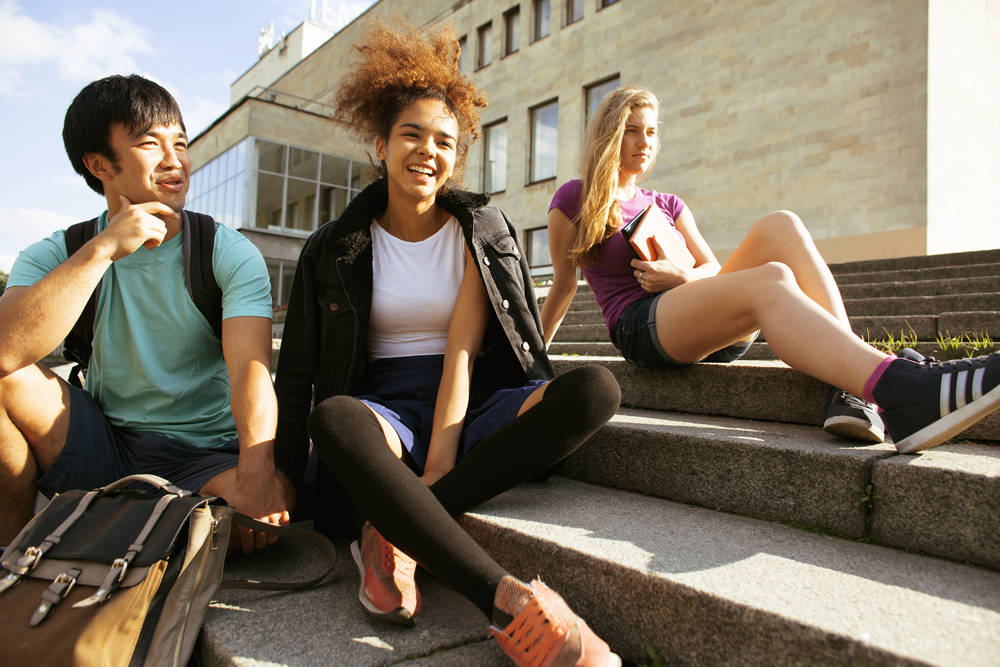We are excited to share new features that being added to the Healthy Relationships Curriculum for Fall 2018 that will be provided to current and pending licensees at no additional charge!
strengths based
Progressing from Awareness to Acceptance – Incorporating Social Goals into the IEP
This month, our blog is focusing on how to include strategies into a student’s Individualized Education Plan (IEP) that relate to healthy relationships with oneself and others.
April is recognized worldwide as Autism Awareness Month. There is a current movement within the autism community to not only continue to heighten autism awareness but to more importantly foster understanding and acceptance of individuals who identify as having an autism spectrum disorder (ASD).
Within this post, our team would like to stress the importance of including social problem-solving goals within a student’s Individualized Education Plan (IEP), regardless of their diagnosis.
We will reiterate language from our previous post for emphasis, as we believe so strongly in this description. The IEP is truly the cornerstone of a student’s special education program and should reflect the strengths, needs and progress of an individual as they move through their school experience. An IEP should address academics, vocational planning, community engagement, domestic function, and recreation. Within the domestic domain, the IEP should examine skills needed for daily living.
Social skills connect an individual to their environment and the greater community. An important step in a student’s development is their ability to interact with both educators and peers, and to maintain appropriate relationships with family, friends, and the members of the community outside of school hours.
Parents, teachers, other team members such as speech therapists, and the student themselves as a self-advocate as much as possible, should work together to evaluate what social problem-solving skills a student currently possesses.
The IEP team should consider their ability to:
- recognize and greet others
- initiate a request or demonstrate need
- respond to others’ questions and inference perspectives
- differentiate between strangers and friends or acquaintances
- engage in a back and forth conversation with others
- take turns or share group efforts in a school, work or community setting
- recognize personal space, voice modulation, and non-verbal communication techniques such as pointing and gesturing
- understand the difference between platonic friendships and romantic relationships
Once a student’s social strengths and areas of need are thoroughly assessed, their IEP goals can be created with a goal of increasing consistent practice of these skills that will ultimately promote success.
A helpful resource for teachers to use to instruct social skills is the Healthy Relationships Curriculum. The Healthy Relationships Curriculum uses learning modules and video modeling with role-plays to teach and remediate these skills and also offer examples of both appropriate and inappropriate interactions.
This method of instruction was recently endorsed by Dr. Tammy Hughes, Chair of the Department of Education at Duquesne University as “the best method available nationwide to teach adolescents and young adults about themselves, their sexuality, and their social relationships.” A student’s social development helps them to progress towards post-secondary education, independent living, meaningful employment and possibly long-term partnerships. It is critically important for the IEP team to include social skills as part of the IEP goals and to have a comprehensive plan for how to instruct them.
As shared previously, our blog posts are written by members of our team who have first-hand experience – often family members – with autism and/or comorbidity comprised with experience working within school systems and healthcare agencies that support individuals with ID, ASD, developmental disabilities and emotional disturbance. It is our belief that individuals who are encouraged to understand the importance of developing their social problem-solving skills and given appropriate instruction will likely be more successful in being accepted by their peers and the community in which they live.
Are you thinking of bringing the Healthy Relationships Curriculum to your classroom, group or practice? Click on the Contact Us page to request a sample packet, ask a question, or to schedule a presentation for your team.

